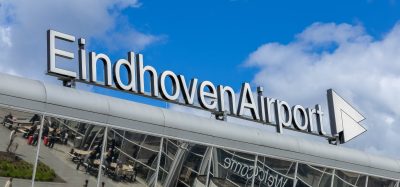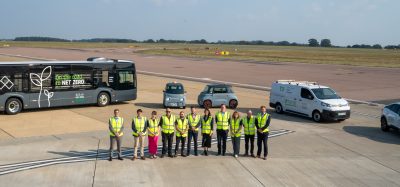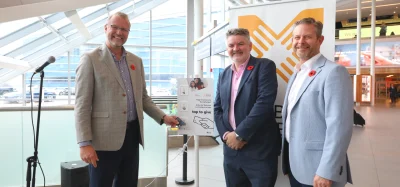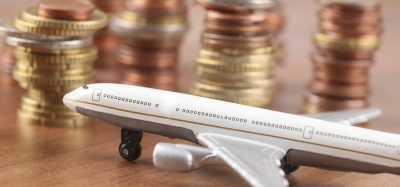IATA adds environmental sustainability to its training curriculum
- Like
- Digg
- Del
- Tumblr
- VKontakte
- Buffer
- Love This
- Odnoklassniki
- Meneame
- Blogger
- Amazon
- Yahoo Mail
- Gmail
- AOL
- Newsvine
- HackerNews
- Evernote
- MySpace
- Mail.ru
- Viadeo
- Line
- Comments
- Yummly
- SMS
- Viber
- Telegram
- Subscribe
- Skype
- Facebook Messenger
- Kakao
- LiveJournal
- Yammer
- Edgar
- Fintel
- Mix
- Instapaper
- Copy Link
Posted: 27 July 2021 | International Airport Review | No comments yet
The various modules have been designed to illustrate how both individual actions and overall company policies effect sustainability.


The International Air Transport Association (IATA) has launched an environmental sustainability training programme together with the University of Geneva (UNIGE). While sustainability has played an important role in the industry for many years, it is a key priority as the sector rebuilds from the effects of the COVID-19 pandemic. In a recent survey of more than 800 industry training professionals, sustainability was identified as a top training need, in order to ensure that employees can obtain the necessary fundamental technical and operational skills, but also the required soft skills.
The IATA – UNIGE Certificate of Advanced Studies (CAS) in Environmental Sustainability in Aviation consists of six modules covering the following topics:
- Design a sustainability strategy
- Environmental management systems in aviation
- Responsible leadership
- Sustainable aviation fuels (SAF)
- Corporate social responsibility and organisational ethics
- Carbon markets and aviation
The various modules have been designed to illustrate how both individual actions and overall company policies effect sustainability. Participants will learn to identify a set of measures which can be implemented to improve sustainability in the short-, medium-, and long-term. The programme also blends the environmental specific courses with corporate social responsibility, organisational ethics and responsible leadership, with the aim of allowing participants to find their own answers to what ‘leading responsibly’ means at their individual workplace and how to engage in responsible decision making and avoid ethical blindness.
“The aviation workforce is highly skilled as it needs to work to and comply with many global and industry standards. Over the years we have been adapting our training offer to meet the changing requirements of the industry. Hence it should come as no surprise that we are now adding environmental sustainability training to our curriculum. Ensuring that all those working in this industry are given the opportunity to acquire these new skill sets is essential, as we increasingly place more emphasis on making our operations more sustainable, while rebuilding from the effects of the COVID-19 pandemic,” said Willie Walsh, IATA’s Director General.
IATA selected its long-standing academic partner UNIGE to create the course as this allows for a unique blend of the academic expertise of UNIGE and IATA’s industry knowledge. The social component of the programme will educate and prepare future leaders on responsibility that will contribute to wellbeing of aviation industry and society at large.
The training is offered as individual modules and or a complete package of all six. Courses are delivered through live virtual classrooms, providing real-time interactive instructor-led online learning where participants can communicate, view, and discuss presentations. During the sessions the participants will also engage with learning resources while working in groups, all in an online setting.
Related topics
Emissions, Social responsibility, Sustainability, Sustainable Aviation Fuel (SAF), Sustainable development


















